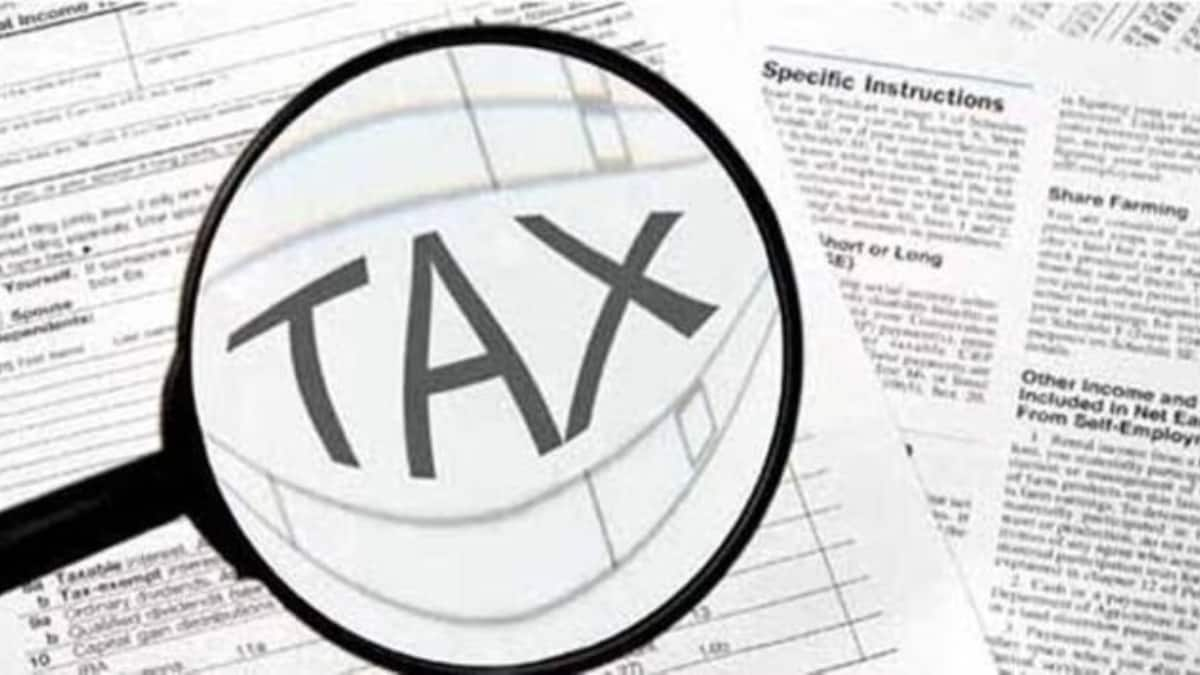INCOME TAX RETURNS: Know when to discard returns
By Neeraj Agarwala
In a surprising move, the income tax department has introduced the ‘discard income tax return (ITR)’ feature on the income tax portal, a step seemingly taken to enhance compliance convenience.
It’s crucial to note that once an income tax return is submitted but pending verification, any post-submission edits by the taxpayer are not allowed. Previously, the only recourse for revising a submitted ITR was filing for a revised return.
Only for unverified ITR
So, what does ‘discard ITR’ entail? To start with, it appears to be a useful feature for taxpayers who may have made a mistake while filing the ITR form and realised the mistake after submission. The ‘discard’ option provides flexibility to delete the wrong ITR, enabling them to fill out and submit an entirely new one. However, before opting for the discard feature, remember that the discard option is only available for unverified ITRs. If the taxpayer has completed the e-verification process, the discard button won’t be accessible, and any necessary corrections must be made through a revised return.
While the discard ITR button facilitates the removal of erroneous returns for a fresh submission, the new filing date should still adhere to the due date specified in income tax provisions. Filing after the due date may result in the return being classified as belated, incurring associated interests and penalties.
Discarding an ITR doesn’t exempt the taxpayer from filing a new return. The income tax portal’s FAQs emphasize the obligation to file a subsequent ITR after discarding an unverified return.
Once an ITR is discarded, the action is irreversible. Taxpayers should exercise caution while choosing this option, as a discarded ITR is considered not filed at all, and the income tax department expects the filing of a new ITR in place of the one discarded.
Verification-in-transit restriction
The discard option is unavailable if ITR verification is in transit, such as when the taxpayer has opted for physical verification by sending the ITR V to CPC and has sent the ITRV to CPC but yet to be processed by CPC. A pre-discarding undertaking acknowledges this restriction.
Introduced from Assessment Year 2023-24 onwards, the discard ITR feature applies to all types of returns—original, revised, or belated. While offering increased flexibility, the restricted usage for only unverified returns may limit its practicality. Some tax professionals have raised concerns, asserting that this feature lacks legal backing in current tax laws. Only time will reveal whether this feature enhances compliance or becomes a source of litigation.
The writer is partner, Nangia & Co LLP. Inputs from Neetu Brahma



